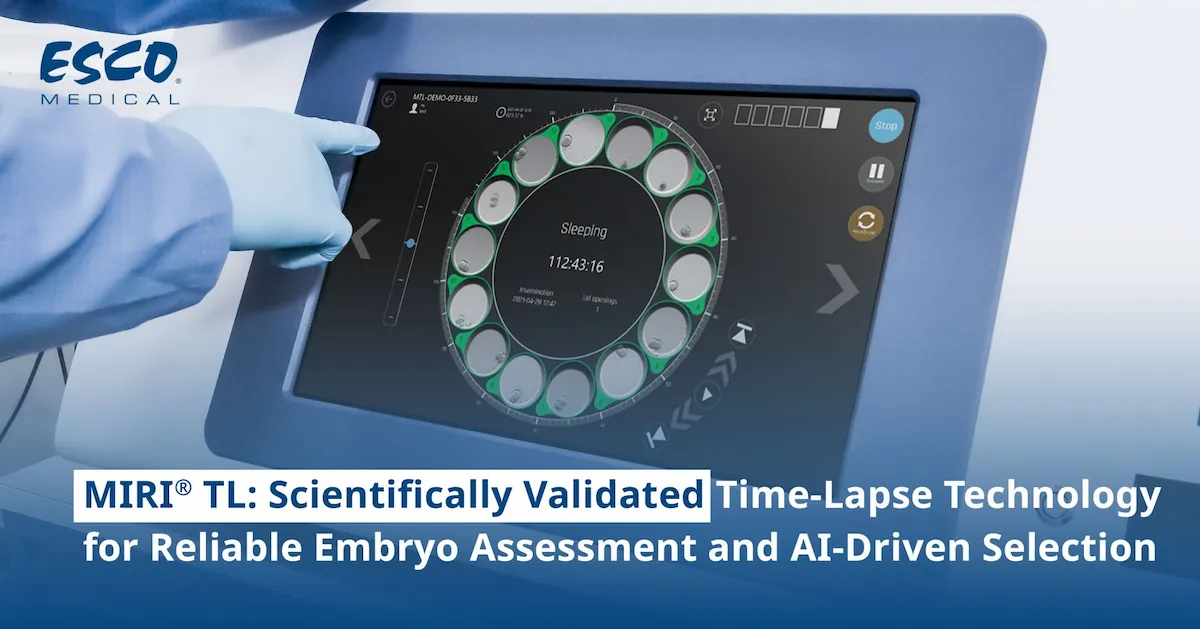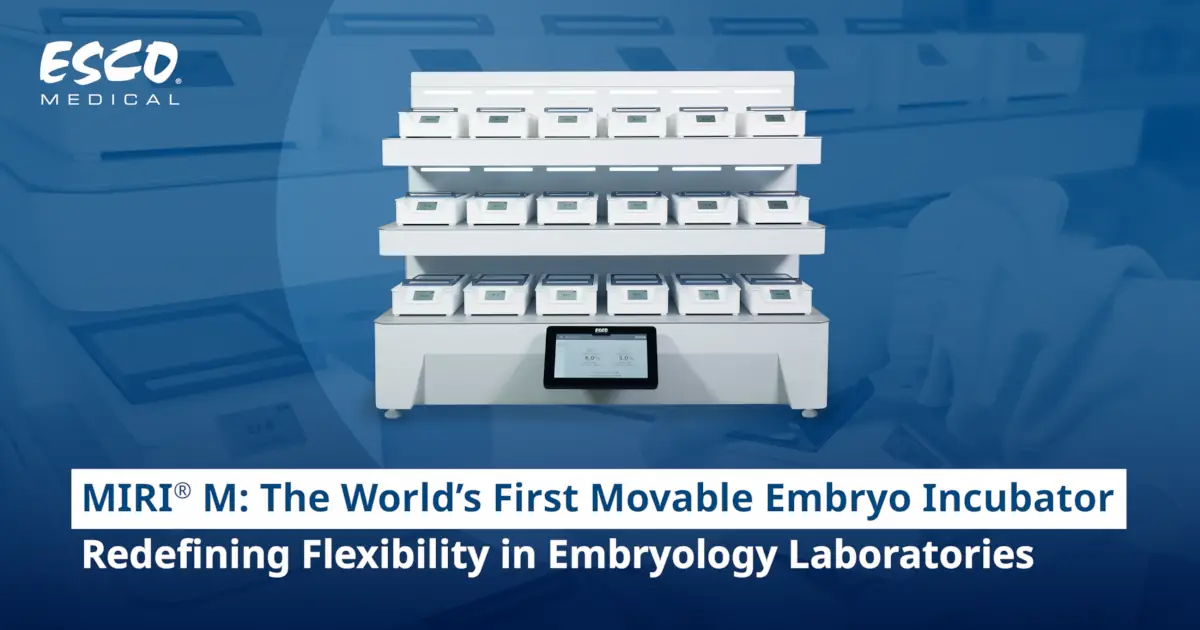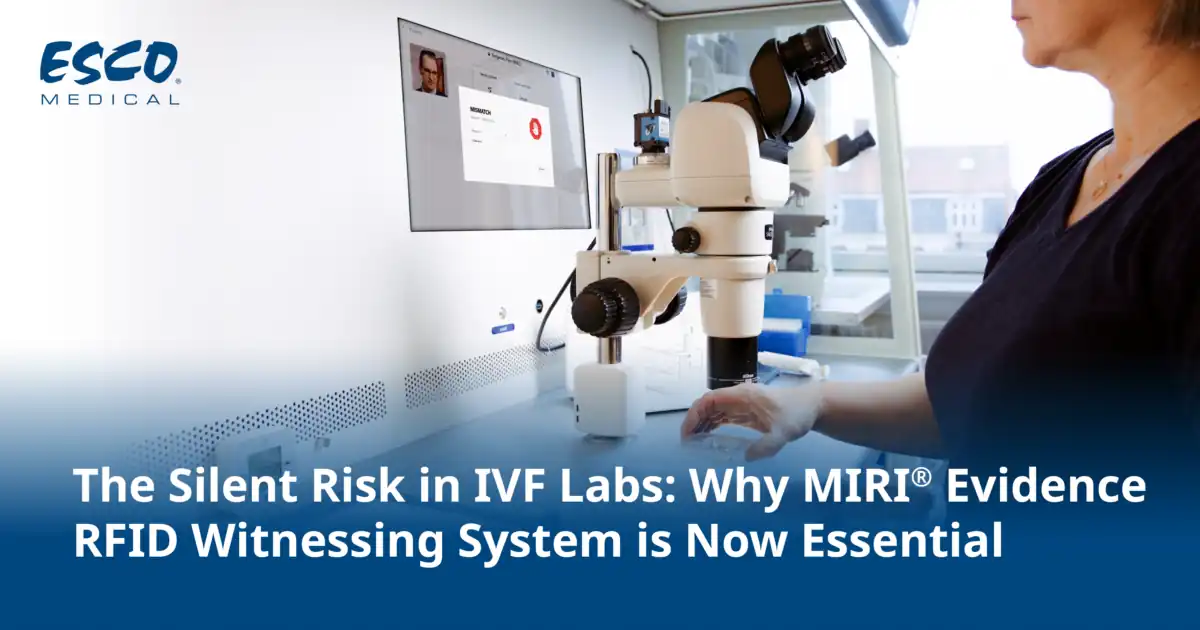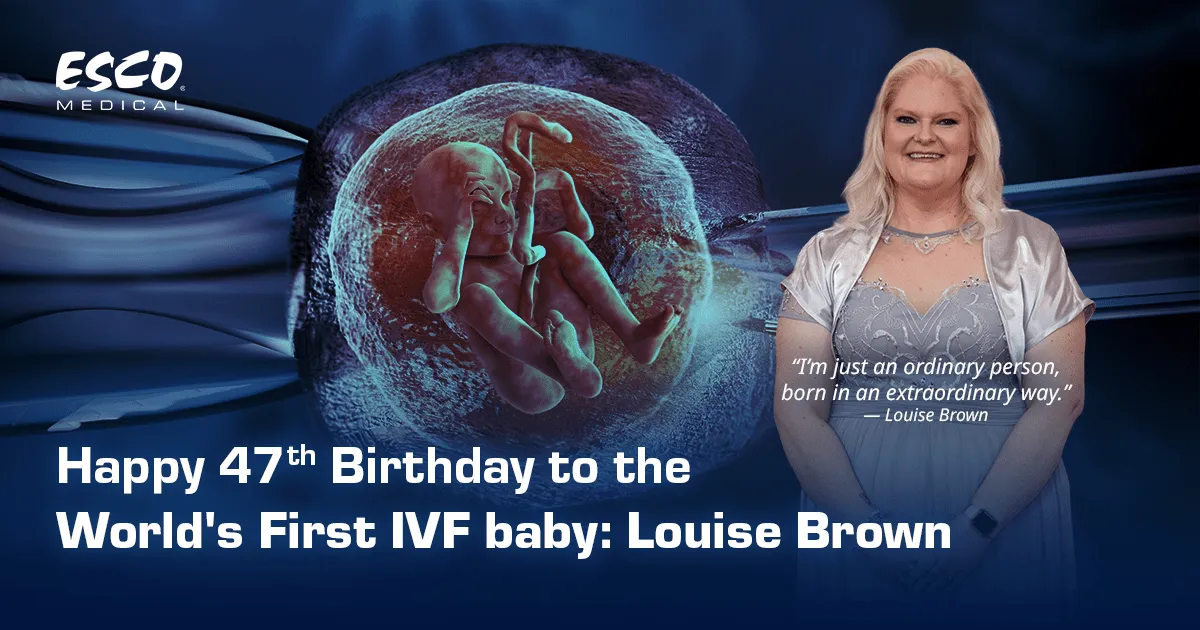
Infertility is a disease of the reproductive system that interferes with a couple’s ability to have a baby. According to statistics, infertility strikes over 6 million women (15-20% of all couples); and that it affects both men and women regardless of race and ethnicity.
That may sound bad but the good news is there are a growing number of medical institutions, support groups, readily accessible websites, and services that are devoted to helping these couples to parenthood. Technology and IVF success rates continue to get better each year, posing better chances of achieving a pregnancy.

One important aspect of dealing with infertility concerns is the basic know-how of fertility. Here are 3 essential things every couple should have a better understanding.
1. Have an understanding of your body. A person’s reproductive system is delicate and complex in the body. As individuals, one has to take charge of their reproductive health. Both men and women need to assess their fertility to see where they stand in terms of their bodies as this may influence their choice to plan for a family sooner. That is why it is essential to see a health care provider for routine exams or tests that may affect reproductive health.
2. Know when to seek support for infertility. According to the American Society for Reproductive Medicine (ASRM), if patients have been unable to conceive after a year of regular, unprotected intercourse, they need to seek help from a fertility specialist. This time frame falls to 6 months in women age 35 and older. For women under age 35 with no confounding issues, they are advised to try for a year before seeking a fertility specialist. If the couple opts for a form of medical intervention for their fertility, it is best to know at the earliest possible time since time here plays a major factor.
3. Recognize that getting pregnant can be challenging. While some couples do not have problems having babies, some are not just as fortunate. Some people go through a lot of frustrations, sadness, and ups and downs that can be stressful. But despite these challenges, know that couples have an array of treatment choices, and that you can discuss your options.
There is no "one size fits all" fertility fix as it always depends on the reasons for not being able to conceive. So if you have concerns regarding your fertility health, visit a fertility institution like an IVF clinic. These medical clinics are there to assist couples, and sometimes individuals, who want to become parents but for medical reasons have been unable to achieve this goal via the natural course. These clinics offer several diagnostic tests, and sometimes advanced medical treatments (the use of innovative technologies like time-lapse incubators and ART workstations in IVF (in vitro fertilization) procedures) to achieve conceptions and pregnancies.





